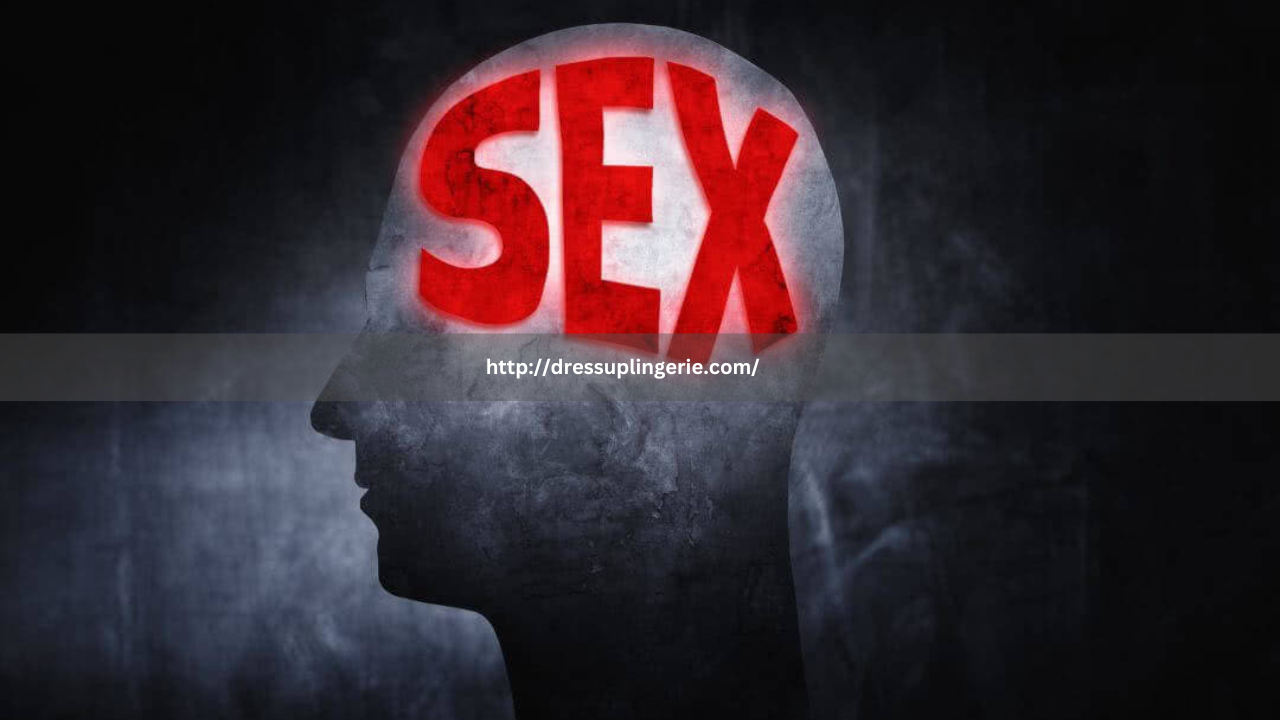Sex addiction is often misunderstood, overlooked, or dismissed due to the private nature of sexual behavior. However, for those struggling with this condition, it is a daily battle that can quietly erode every aspect of life. Unlike casual sexual interest or high libido, sex addiction involves compulsive behavior that persists despite negative consequences. Behind closed doors, it can lead to emotional turmoil, secrecy, and a double life that few outside observers may ever suspect.
Daily Manifestations of Sex Addiction
Sex addiction infiltrates daily life in ways that are often hidden from others. It doesn’t just involve physical acts, but also an ongoing mental preoccupation with sexual content and activity.
- Preoccupation Throughout the Day – Individuals may spend hours consumed by sexual fantasies, planning the next sexual encounter, or seeking pornography, distracting them from work, relationships, and personal goals.
- Compulsive Pornography Use – It’s common for individuals to start their day or take multiple breaks during work to watch pornography, often in secret. This routine behavior can escalate over time.
- Secret Online Activity – Many sex addicts use dating apps, chat rooms, or adult websites throughout the day. These actions are often hidden from partners, family, or employers.
- Isolation and Avoidance – To maintain secrecy, individuals may isolate themselves from loved ones or avoid social situations where their behavior could be exposed.
- Deceptive Behavior – Lying about one’s whereabouts, clearing browser history, or using fake profiles are common behaviors aimed at covering up the addiction.
- Neglect of Responsibilities – Important tasks at work or home may be ignored or postponed as the addiction takes priority. Deadlines are missed, and relationships become strained.
- Mood Swings and Emotional Instability – Guilt, shame, and anxiety often follow compulsive sexual behavior. These emotional states can impact daily interactions, making the person appear distant or irritable.
Impact on Personal and Professional Life
Sex addiction does not stay confined to private moments. Its ripple effects can touch every part of an individual’s life.
- Relationships – Partners may feel disconnected, suspect infidelity, or experience emotional neglect. Trust issues are common.
- Work Performance – Productivity declines, and risky behavior like watching explicit content at work can jeopardize employment.
- Mental Health – Depression, anxiety, and low self-esteem are frequently linked to the shame and guilt of hidden addiction.
The Silent Struggle
What makes sex addiction particularly insidious is its invisibility. From the outside, the person may appear successful, responsible, and composed. Internally, however, they may be struggling with intense urges, secrecy, and emotional distress.
Unlike addictions to substances, sex addiction can be easily hidden and rationalized. This makes self-awareness and external support crucial components of recovery.
Path to Recovery
Recovery begins with acknowledgment and a willingness to seek help. Therapy, 12-step programs like Sex Addicts Anonymous (SAA), and behavioral counseling provide tools for understanding and managing the addiction. Daily strategies, such as accountability, self-monitoring, and emotional regulation, are essential to long-term success.
Behind closed doors, many people suffer in silence. But with the right support and resources, a life of integrity, intimacy, and emotional health is possible.

